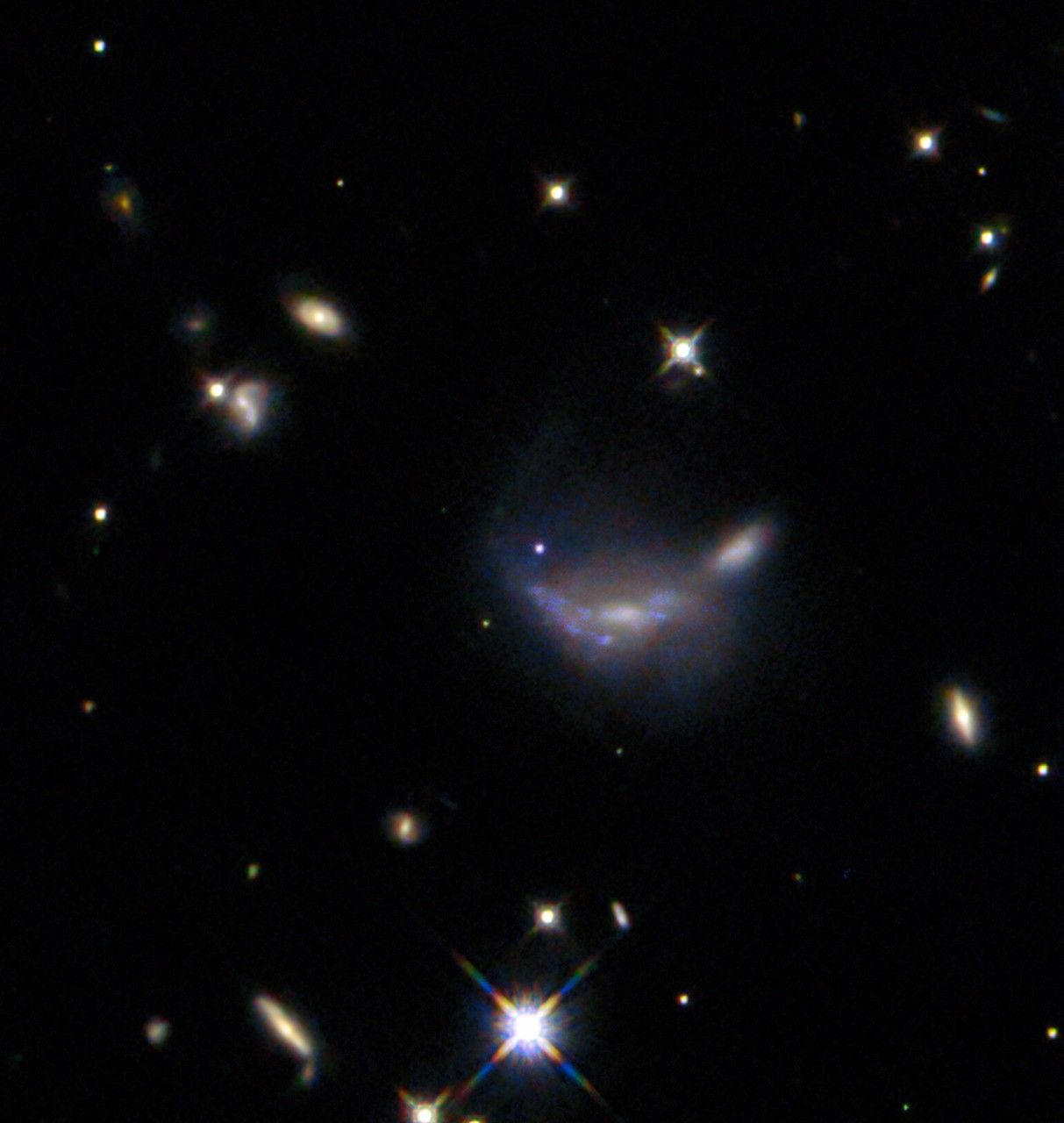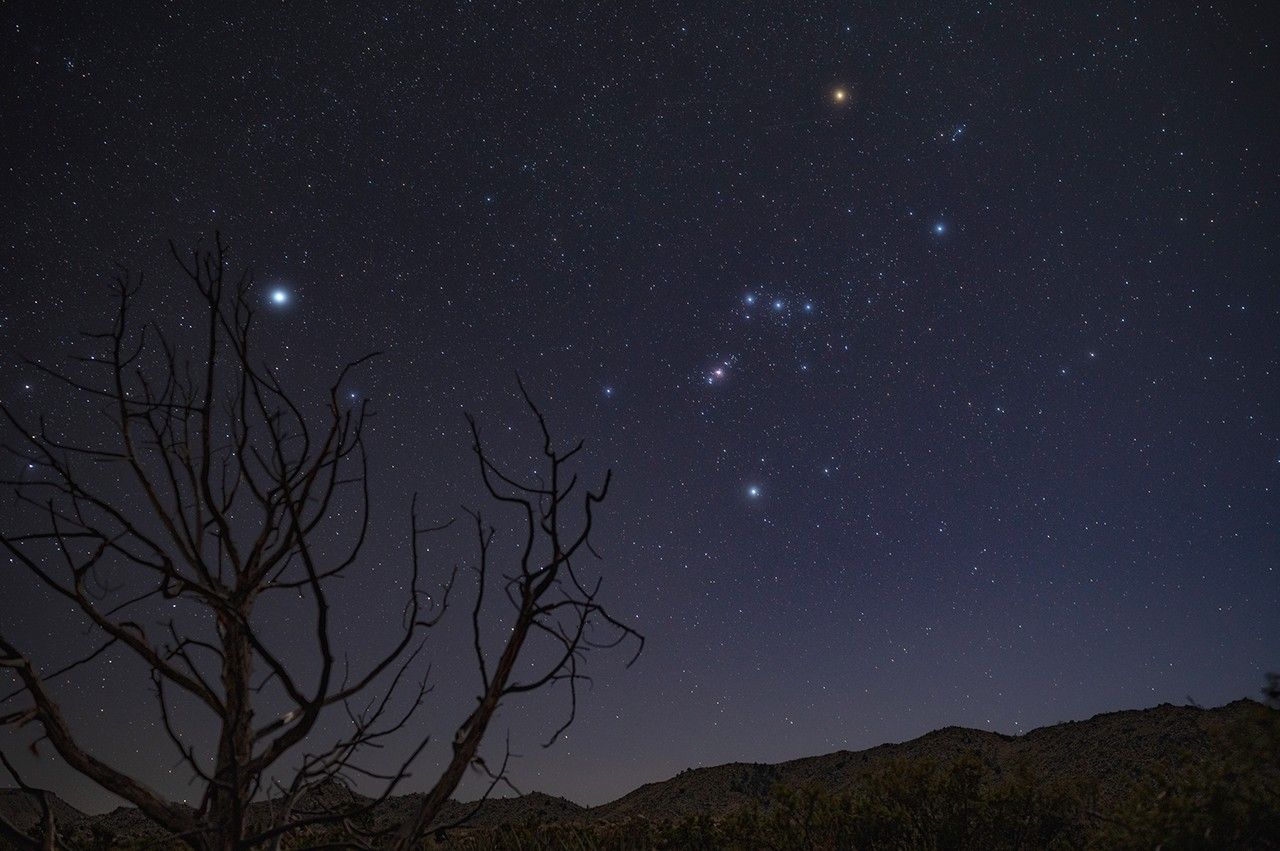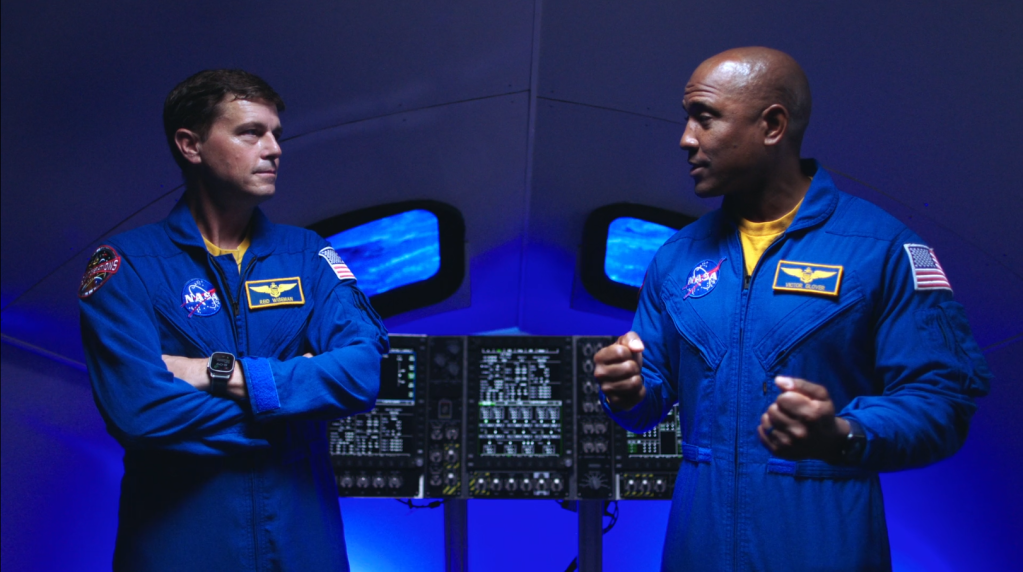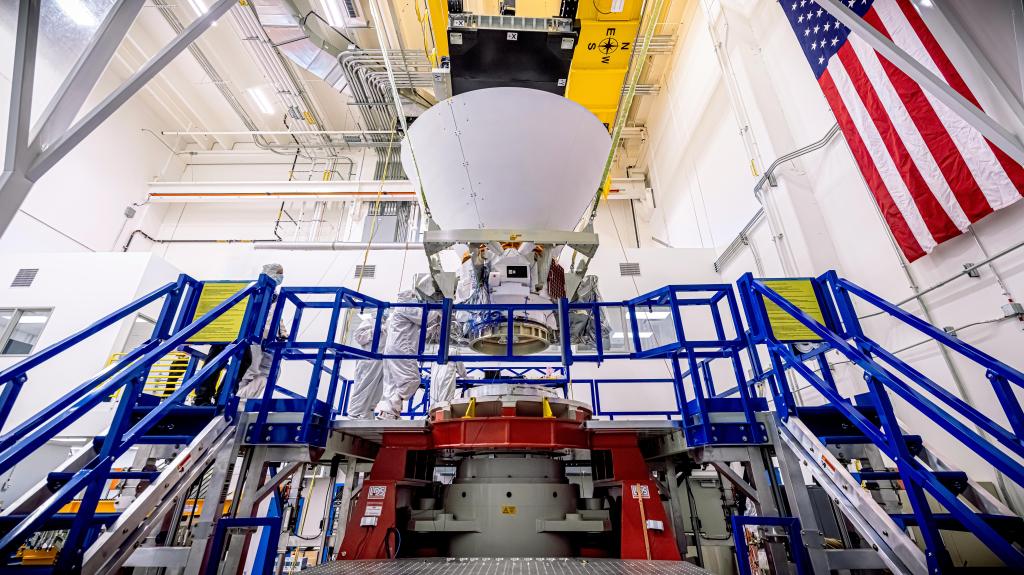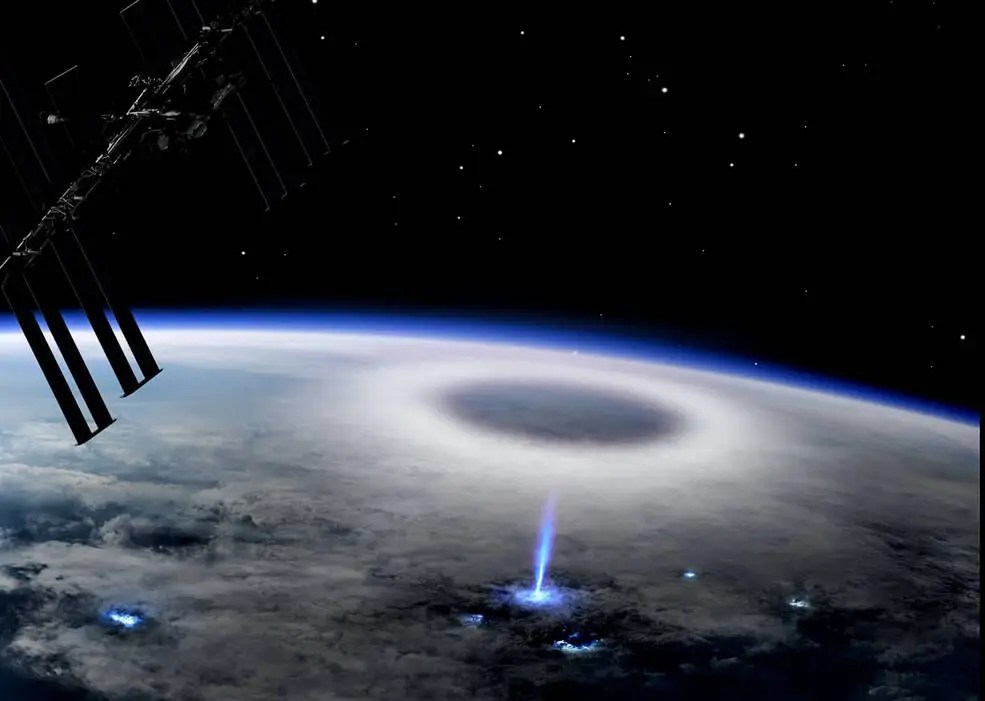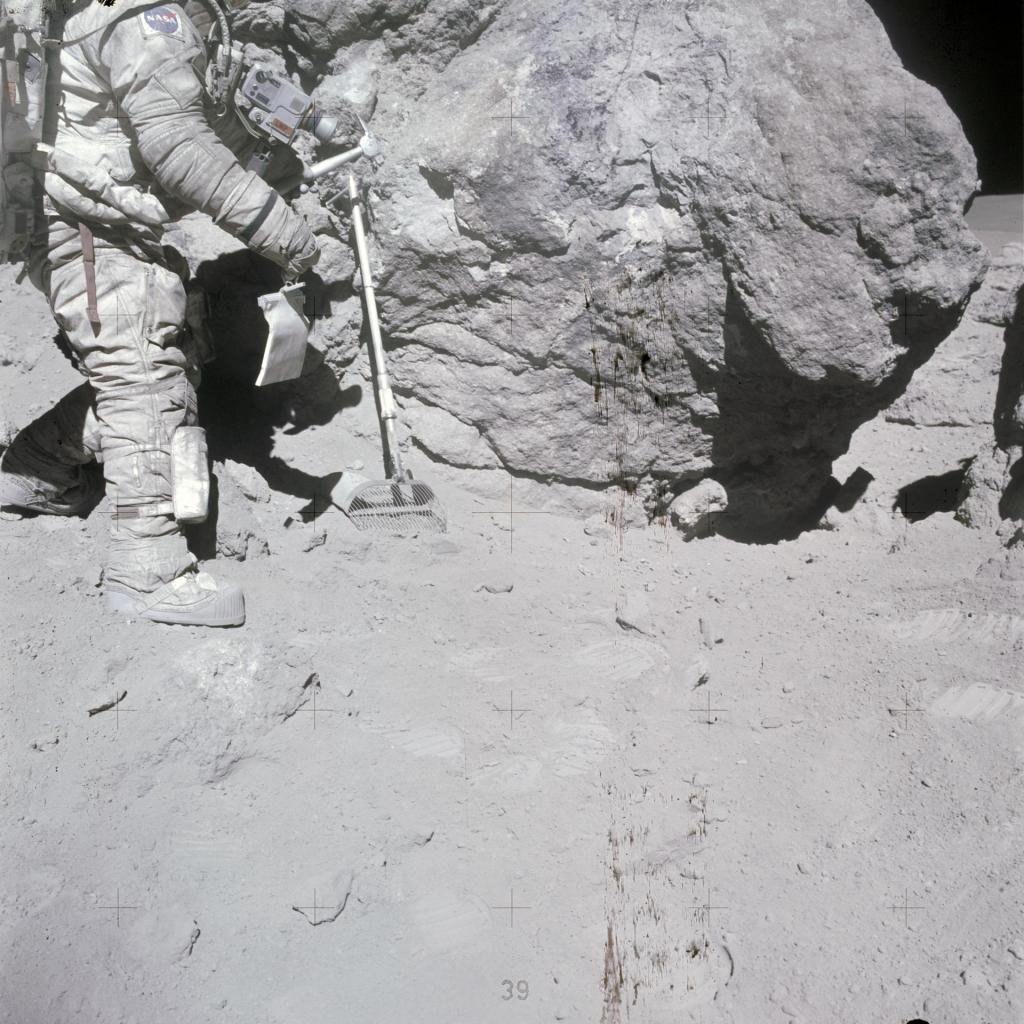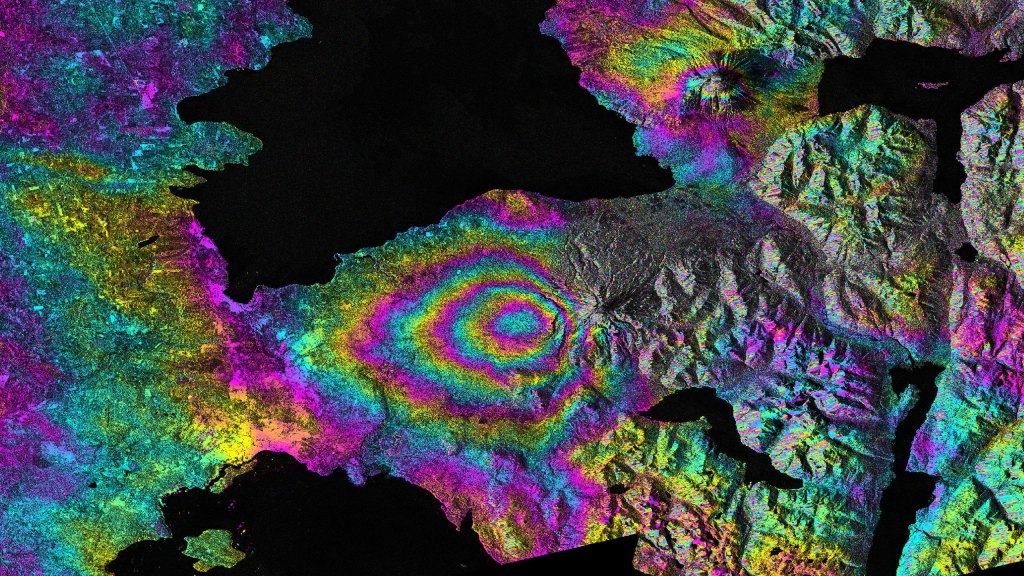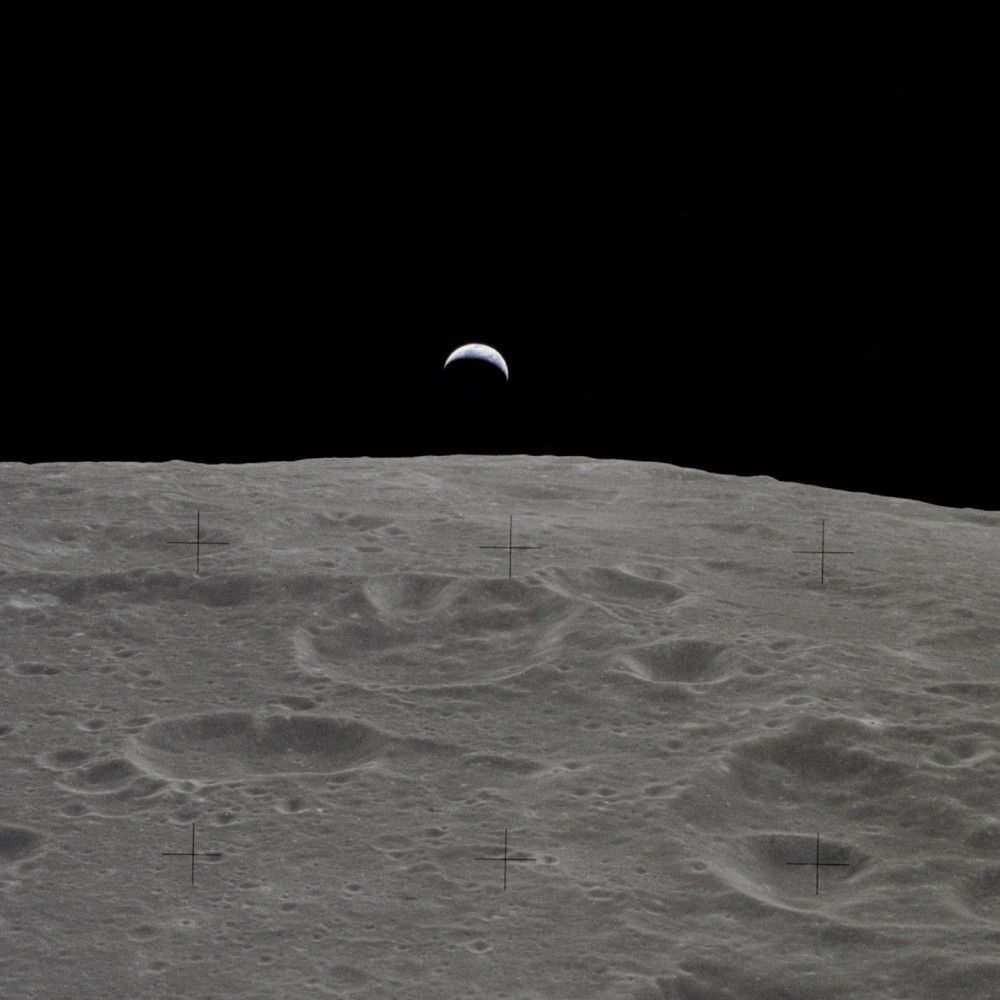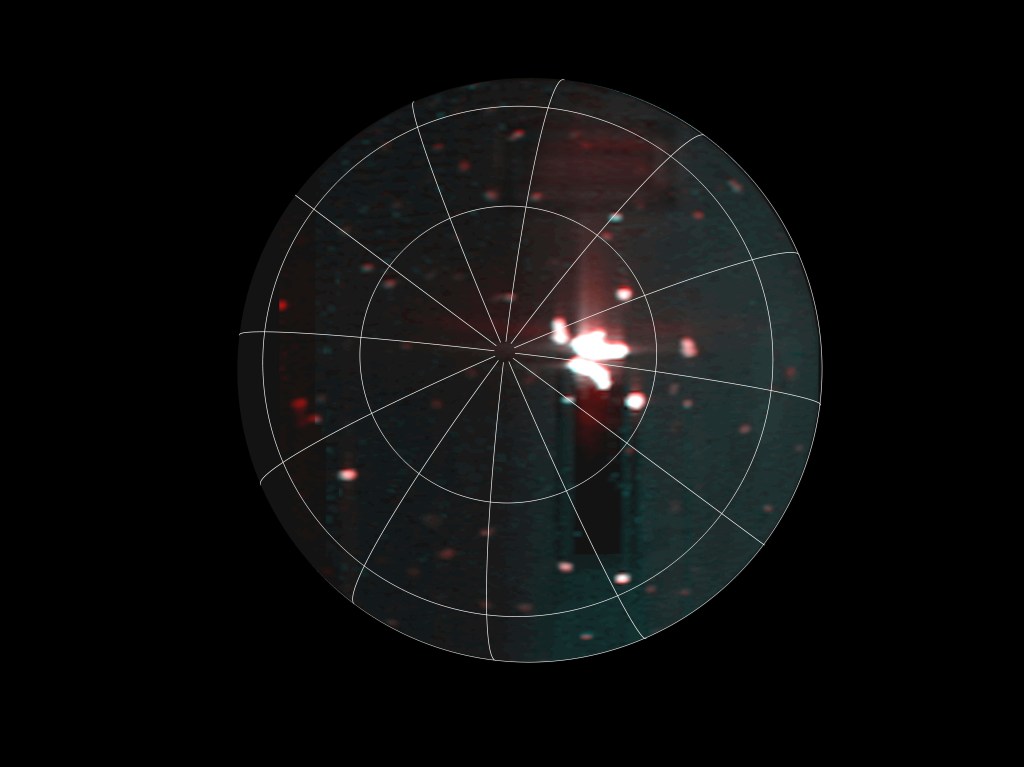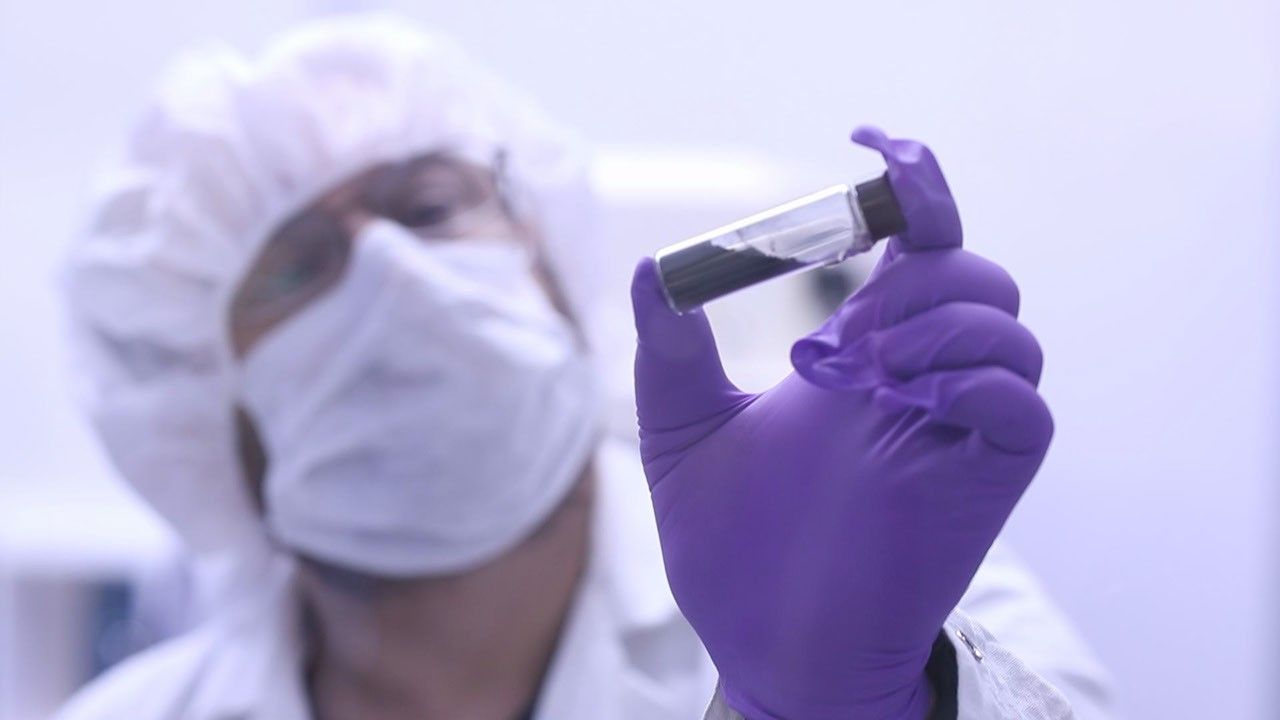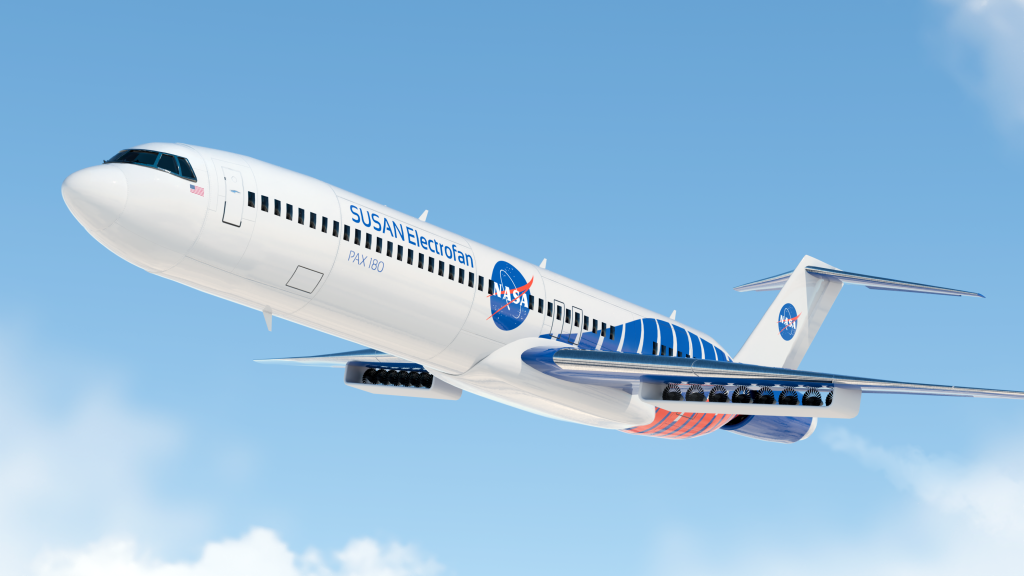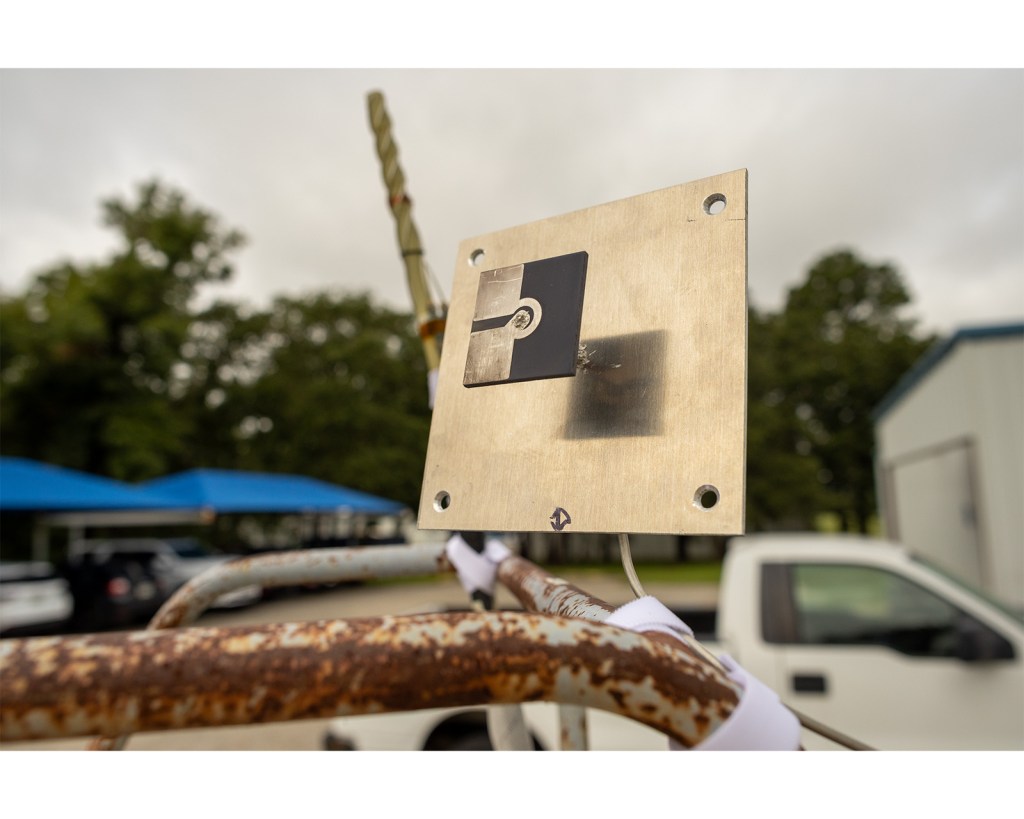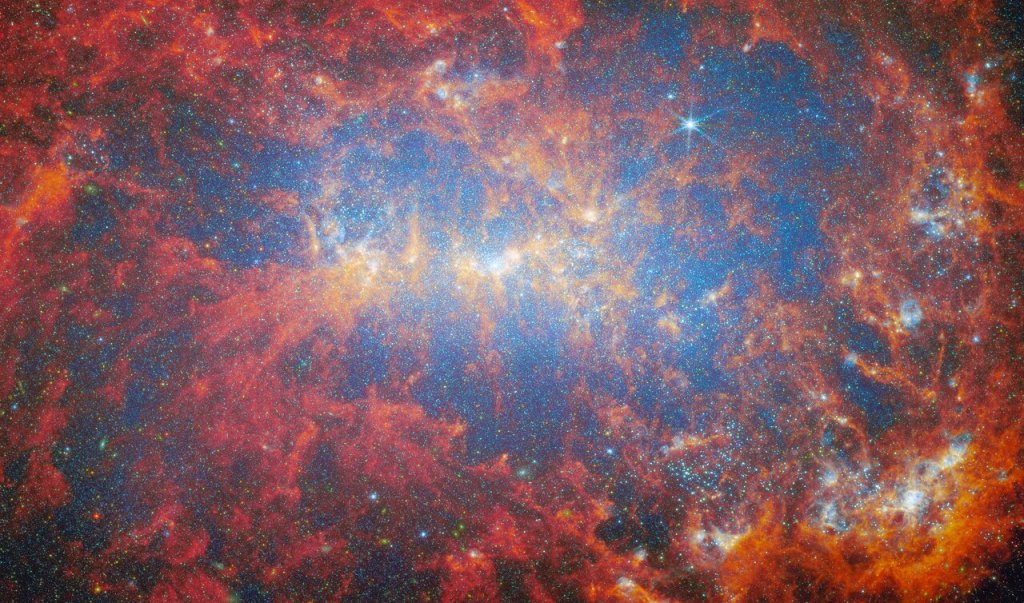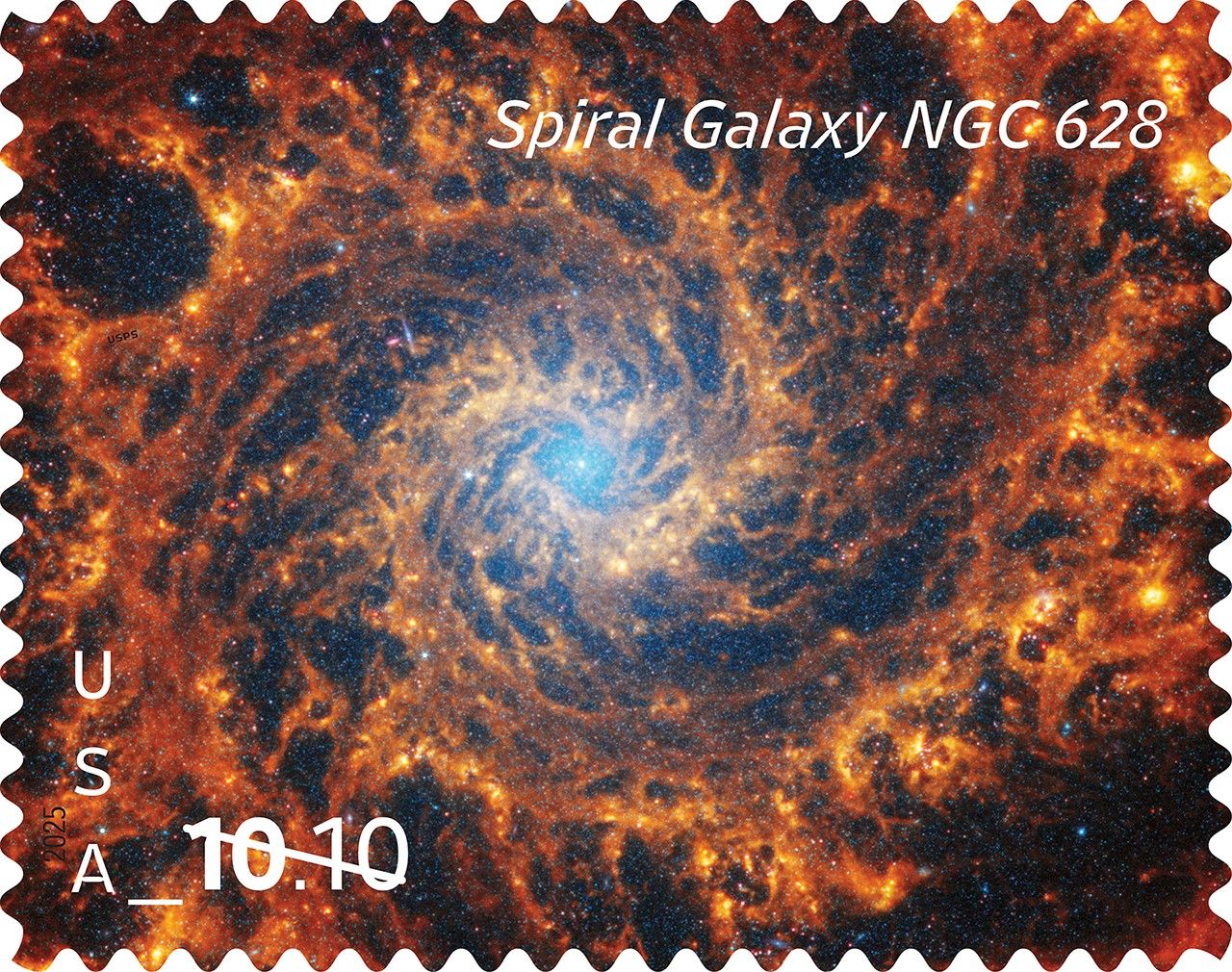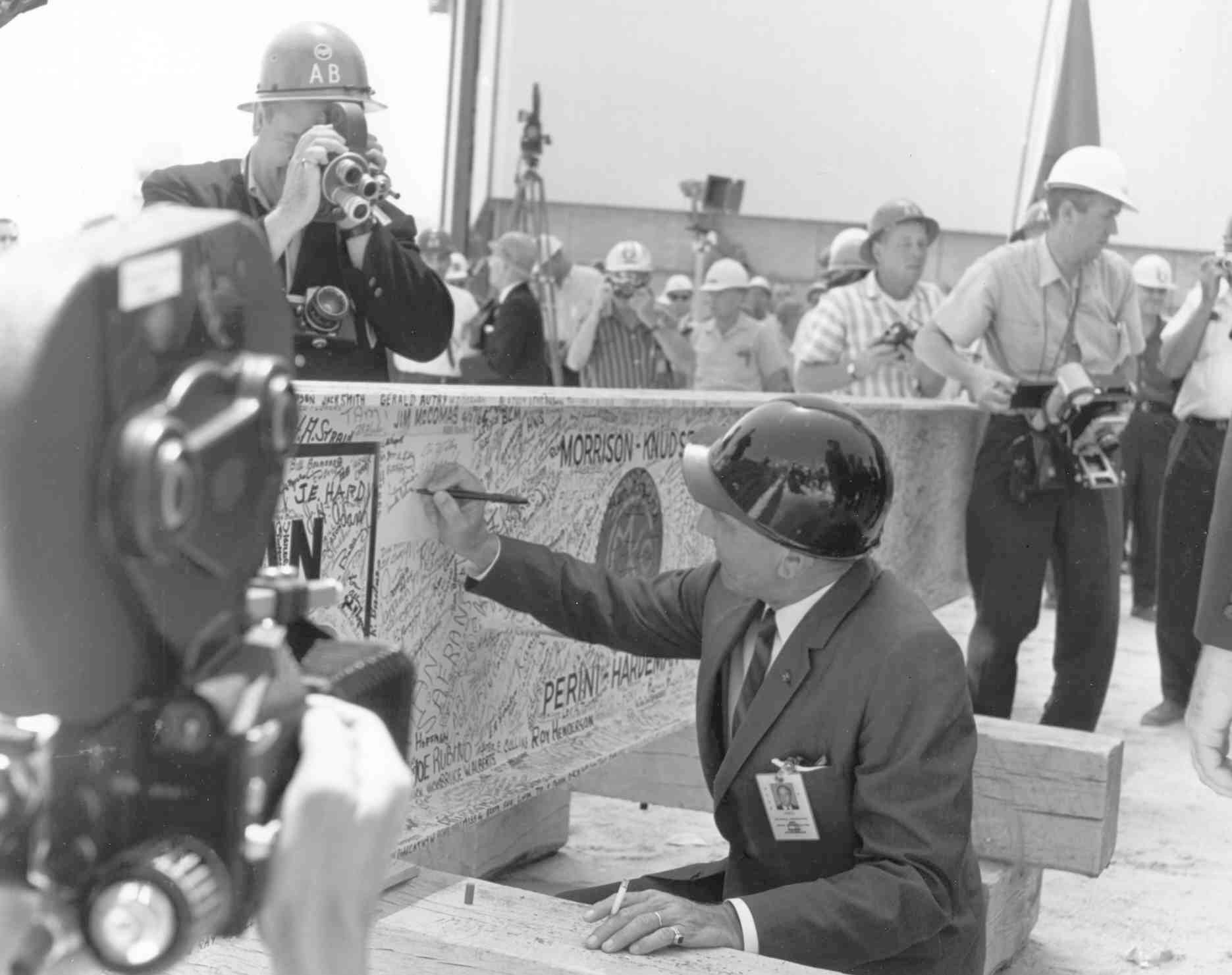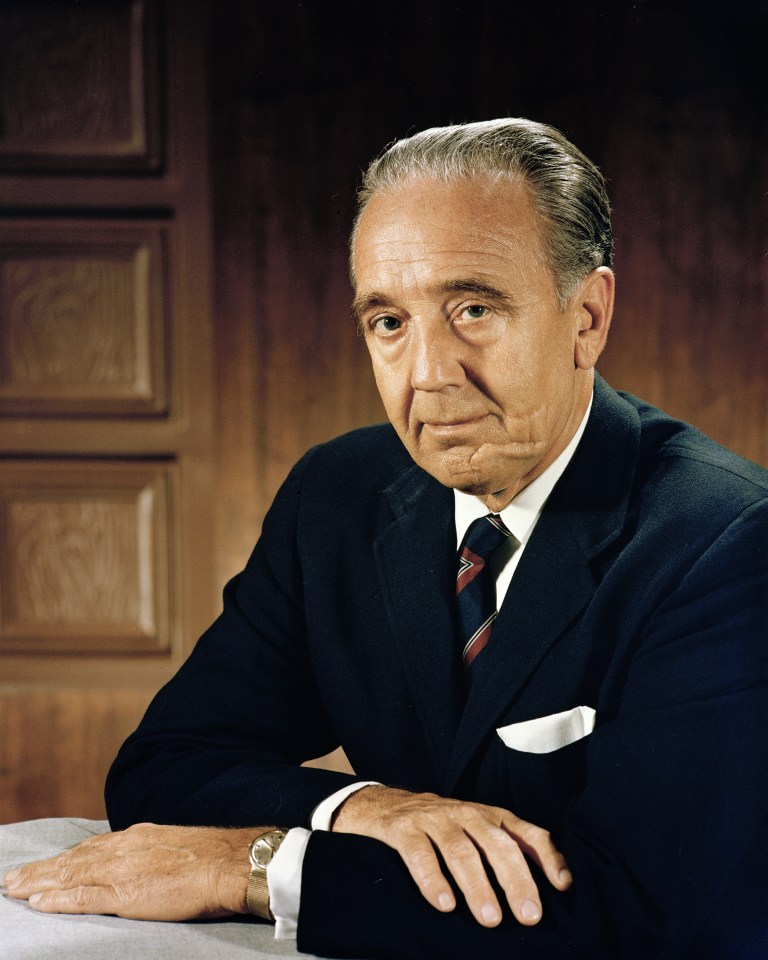
Dr. Kurt H. Debus
Kennedy Space Center Director (1962–1974)
Dr. Kurt H. Debus was the first director of NASA’s John F. Kennedy Space Center in Florida from July 1962 until November 1974.
Debus was born on Nov. 29, 1908, in Frankfurt am Main, Germany. He earned advanced degrees in mechanical and electrical engineering at the Technical University of Darmstadt. In 1939, he obtained his engineering doctorate with a thesis on surge voltages and was appointed leading engineer and assistant professor at the university. From 1939 to 1943, Debus served as chief instructor in the department of theoretical electrical engineering on high tension and measuring techniques at the University.
Debus was studying at the Technical University of Darmstadt when Adolf Hitler became the German Chancellor in January 1933. From 1933 to 1936, Debus was a member of the SA—the paramilitary group associated with the Nazi Party during its rise to power in Germany. In early 1939, he applied to the SS. Debus’ official membership in the Nazi Party is difficult to determine with available evidence. Available archival records indicate that he never joined the Nazi Party and therefore his SS membership remained in the “applicant status” through the end of the war. His postwar US files nevertheless provide his SS number (426559) and subsequent rank of SS-Staffelrottenführer, which may be a provisional status.
Moving from Darmstadt to Peenemünde in 1943, Debus began direct work at the German army’s rocket center under Wernher von Braun on the operational deployment of the V-2 ballistic missile. In this role, Debus served first as a test engineer in setting up mobile ground installations, then from 1944-1945 as division head for electrical installations and guidance at Test Stand VII. At the end of the war, Debus was put in charge of Test Stand VII and mobile V-2 firing positions.
Evidence exists that during his time in Germany, Debus reported a colleague, Richard Crämer, for criticizing Hitler and the Nazi Party, resulting in the Crämer’s conviction under the Treatchery Law.
Debus was among the German scientists who surrendered to the U.S. Army at the end of the war. Debus temporarily worked with the British on launching V-2s for Operation Backfire at Cuxhaven, north Germany, from June to October 1945 before coming to the United States in late 1945 as part of Project Overcast, a U.S. government program subsequently renamed Paperclip. The German scientists helped develop guided missile systems programs at the U.S. Army at Fort Bliss, Texas. In 1950, the group, led by von Braun, was relocated to Redstone Arsenal at Huntsville, Alabama, which became the focal point of the Army’s ballistic missile and space projects. Rockets were launched from White Sands, New Mexico, and Cape Canaveral, Florida.
Because of the Crämer episode, questions about his status in the SS, and confusion over what appeared to be the “smuggling of coded messages to the United States,” Debus was originally classified as an ardent Nazi by the Office of the U.S. High Commissioner for Germany. This classification would have prevented him from becoming a United States citizen. In 1950, the U.S. government reexamined Debus’ immigration status. Citing the importance of his work to the Hermes II Project and the fact that more than four years of surveillance revealed that Debus had “embraced Democracy and the American way of life,” the government determined that returning him to Germany with his knowledge of the U.S. guided missile program would not be in the best interests of national security “despite his political background.”
Debus supervised development and construction of rocket launch facilities at Cape Canaveral for the Redstone, Jupiter, Jupiter C, Juno, and Pershing military configurations from 1952 to 1960, when the organization he directed transferred from the Army to NASA. Beginning in 1961, he directed the design, development, and construction of NASA’s Apollo/Saturn facilities on Cape Canaveral and the adjacent John F. Kennedy Space Center.
He launched the first U.S. ballistic missile, the Redstone, on August 20, 1953. He subsequently launched the first U.S. tests of missiles carrying atomic warheads in the Pacific Ocean and supervised developmental firings of Jupiter, Pershing, and other Army rockets. Over the next several years, he directed the organization that launched more than 150 military missiles and space vehicles, including the first U.S. space probe that orbited the Sun, Pioneer IV, March 3, 1959; the first flight of primates in a Jupiter rocket, December 13, 1958; the first Mercury program primate January 31, 1961; the first two crewed Mercury missions, Freedom 7, May 5, 1961, and Liberty Bell 7, July 21, 1961; four Mercury orbital missions during 1962 and 1963; 10 successful Saturn Is; and eight successful Saturn IBs, including Apollo 7, the first crewed Apollo mission on an 11-day Earth-orbital flight in October 1968; and three crewed Skylab missions.
When NASA launch operations at Cape Canaveral became independent from Marshall Space Flight Center in 1962, Debus became the first director of the Florida facility. He oversaw four Mercury orbital missions during 1962 and 1963, as well as numerous Saturn launches, including Apollo 7, the first crewed Apollo mission on an 11-day Earth-orbital flight in October 1968; and three crewed Skylab missions.
Debus’ organization successfully launched 13 Saturn Vs: Apollo 4, the first uncrewed flight of the 363-foot, 7.5-million-pound thrust launch vehicle, November 9, 1967; Apollo 6, an uncrewed Apollo/Saturn V, April 4, 1968; Apollo 8, which carried the first men to lunar orbit, December 21, 1968; Apollo 9, the first crewed test of the Lunar Module, March 3, 1969; Apollo 10, in which men orbited the Moon in the Lunar and Command/Service Modules, May 18, 1969; Apollo 11, which landed the first men on the Moon, July 16, 1969; Apollo 12, which landed the second U.S. astronaut team on the Moon, November 14, 1969; Apollo 13, which circled the Moon and returned to Earth; Apollos 14, 15, 16 and 17 which continued lunar exploration; and the Skylab Orbital Workshop. In October 1965, he became responsible for NASA uncrewed launch operations at the Eastern and Western Test Ranges. These operations included launching meteorological and communications satellites, and lunar and planetary space probes.
Debus’ awards and honors include the U.S. Army’s highest civilian decoration, the Exceptional Civilian Service Medal; the Scott Gold Medal of the American Ordnance Association’s Missile and Astronautics division and NASA’s Outstanding Leadership Award. In July 1965, he was awarded the first Pioneer of Wind Rose Award, order of the Diamond, by the International Committee of Aerospace Activities for his historical contributions to launch technology and science. In February 1967, he was awarded an honorary Doctor of Laws degree by Rollins College. He was also named co-winner of the American Astronautical Society’s Space Flight Award for 1967. In 1968, he was awarded an Outstanding Achievement Award from the U.S. Treasury Department, and in 1969, he received the U.S. Treasury Patriotic Service Award. In January 1969, he received the NASA Distinguished Service Medal for Apollo 8. In June 1969, he received the Career Service Award of the National Civil Service League and the Daughters of the American Revolution Americanism Medal. In September 1969, he received his second Distinguished Service Medal from NASA for Apollo 11, man’s first landing on the Moon. In December 1969, he was awarded an honorary Doctor of Engineering Science degree by Florida Technological University. He was elected to the National Space Hall of Fame in 1969. He received an honorary Doctor of Science degree from the Florida Institute of Technology in September 1970. He was awarded the Commander’s Cross of the Order of Merit of the Federal Republic of Germany and the Hermann-Oberth Gesellschaft Honor Ring in 1971. In February 1974, he was signally honored as recipient of the Louis W. Hill Space Transportation Award, presented by the American Institute of Aeronautics and Astronautics.
Debus was a life member of the American Ordnance Association; a fellow of the American Institute of Aeronautics and Astronautics; honorary member, Instrument Society of America; advisory member, Marquis Biographical Library Society; honorary member, Hermann-Rakententechnik and Raumrahrt, e.V.; ex-officio member of the Florida Council of 100 from 1969–1971, and a member of the Advisory Board of the British Interplanetary Society. He was a member of NASA’s Management Council for the Office of Manned Space Flight, the Senior Management Council for the Office of Space Science, and the Applications Board.
Debus retired in November 1974, and lived in Cocoa Beach with his wife, Gay. They had two daughters, Siegrid and Ute. He died on Oct. 10, 1983 at the age of 74.

